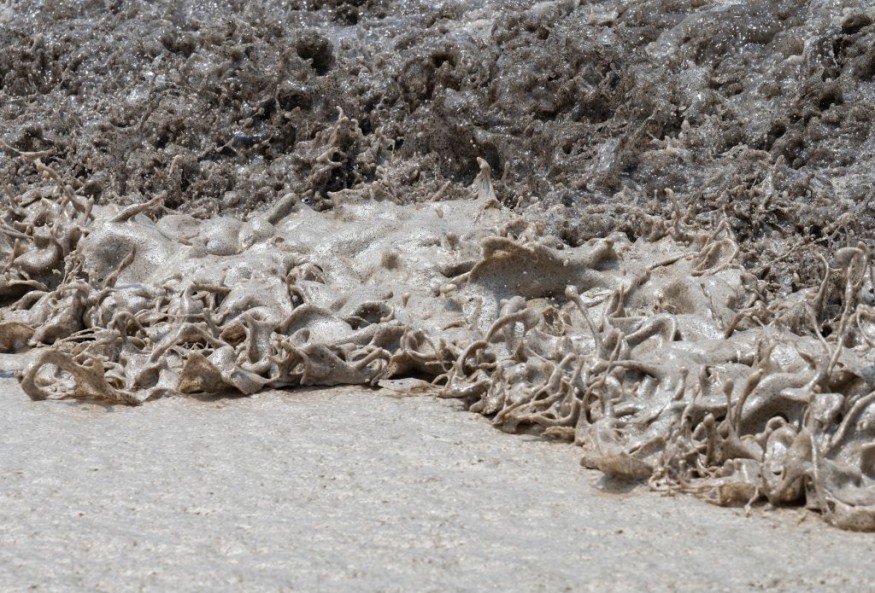
A latest study has found out that a part of ozone layer was taken off following the powerful eruption of the Hunga-Tonga Hunga-Ha'apai volcano.
Researchers said that the Hunga Tonga Hunga Ha'apai eruption of 2022 had injected huge amounts of water into the stratosphere and caused a large, rapid loss of ozone.
They explained that the loss was primarily triggered by the synergistic effects of strong humidification, radiative cooling, and added aerosol surface area.
Further, they noted that this observation supports the suggestion that excess midlatitude stratospheric water associated with convection changes due to global warming could actually drive increases in lower stratospheric ozone loss.
Findings of The Study
To recall, the Hunga-Tonga Hunga-Ha'apai underwater volcanic eruption that happened last January 15, 2022 was exceptional in a sense that it injected more water vapor than has ever been observed in the satellite era.
Scientists said that a rapid response was initiated, which later provided the data needed to explore the early chemical effects of this rare event. These volcanic eruptions inject gases and particles into the stratosphere, potentially influencing climate, and ozone (O3) chemistry.
Experts pointed out that understanding the intricate connections between volcanic emissions and atmospheric chemistry as well as their broader implications is very important for advancing the capabilities of modeling environmental processes.
The said study provided new insights into the initial effects of the volcano's eruption on stratospheric composition.
"This eruption was notable for injecting material, including an unprecedented amount of H2O vapor (10% of the total global mean stratospheric burden), to very high altitudes (up to 55 km). Using observational data, we investigated the speed of impacts and potential influence on stratospheric bromine and chlorine species, nitrogen oxide (NO), as well as O3," the scientists said.
The study had found out combined balloon measurements, zenith sky observations, and satellite data to capture the early evolution of the HT volcanic plume's impact on O3.
According to the researchers, in just one week, the stratospheric O3 above the tropical southwestern Pacific and Indian Ocean region had decreased by 5%.
They explained that this significant change had gained context when compared with the Antarctic O3 hole, where up to 60% of the O3 is depleted from September to November.
Further, they said that this tropical O3 decrease exceeds that of previous volcanic eruptions, underscoring the HT event's exceptional nature.
"H2O vapor played a pivotal role in consequences of the HT event. Its increased abundance resulted in higher relative humidity and radiative cooling in the stratosphere, enabling chemical reactions on the surfaces of volcanic aerosols to occur at temperatures warmer than their typical range," the experts said.
Read Also : Tonga Volcanic Eruption Temporarily Increases Global Temperature Over 1.5 Degrees Celsius
Volcanic Relevance
Experts said that the study had aimed to shed light on the complex interactions between a large volcanic eruption and tropical stratospheric O3, bridging a large gap in our knowledge.
The said eruption's unusual features, including its high injection altitude of aerosol precursors and large amounts of H2O vapor, yield invaluable insights into the stratospheric chemistry perturbations after this major event.
Aside from the volcanic relevance, the study also offered crucial insights about the atmospheric chemistry and its implications for climate change.
The comprehensive observational evidence that the study had presented substantially develop the understanding of rapid O3 depletion when it comes to volcanic plumes.
Further, the study also gave new perspectives on the effects of volcanic eruptions on stratospheric composition as it also provided information for future studies and early-response strategies to assess the eruption's aftermath.
Related Video:
© 2026 NatureWorldNews.com All rights reserved. Do not reproduce without permission.





